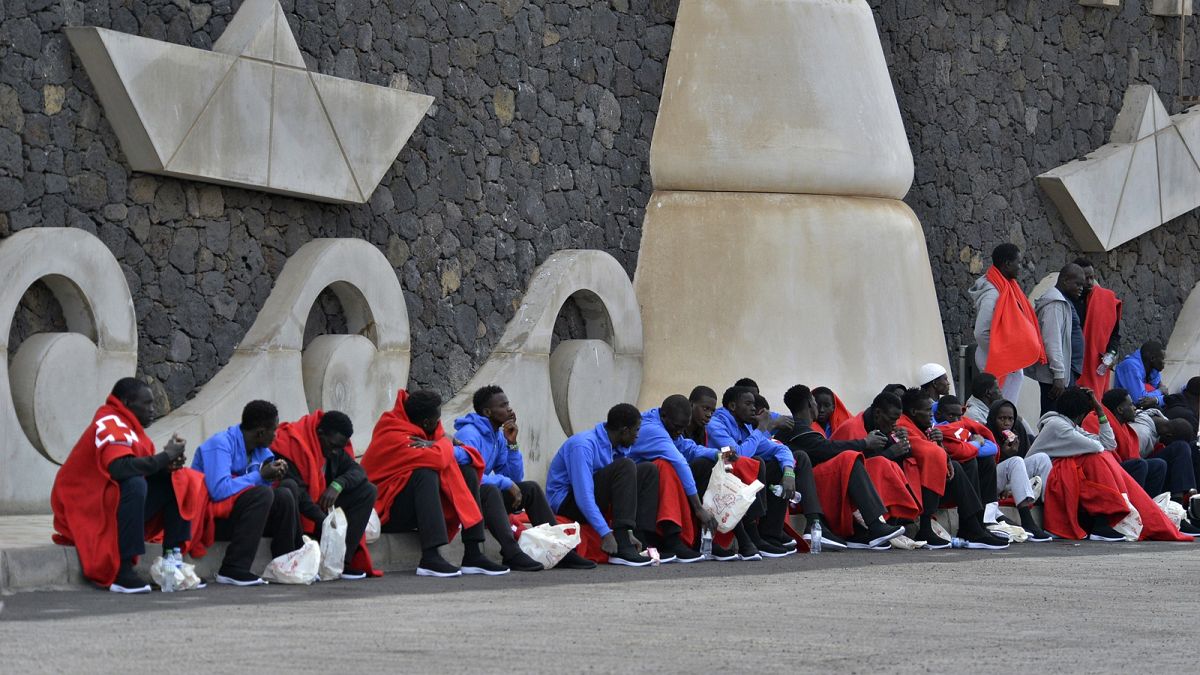- cross-posted to:
- europe@feddit.de
- cross-posted to:
- europe@feddit.de
The European Union has completed the reform of its migration and asylum policy, a watershed moment that for a decade proved stubbornly elusive.
The tortuous and often explosive undertaking came to an end on Tuesday morning, as member states gathered to give the very final green light to the five regulations that make up the New Pact on Migration and Asylum, an all-encompassing overhaul that seeks to ensure all countries, regardless of location, shoulder their fair share.
Among other things, the New Pact envisions stricter rules to expand the screening of applicants, carry out health and security checks, speed up examination procedures and provide counselling free of charge. Its main novelty is a system of “mandatory solidarity” that would give governments three options to manage asylum seekers: relocate a certain number, pay €20,000 for each one they reject, or finance operational support.
…
As expected, Poland and Hungary, the most ardent critics, voted against the entire package of legislation. Since the reform was presented in 2020, the two have consistently resisted the system of “mandatory solidarity,” falsely claiming it would force them to accept migrants against their will.



Ha fuck Poland and Hungary.